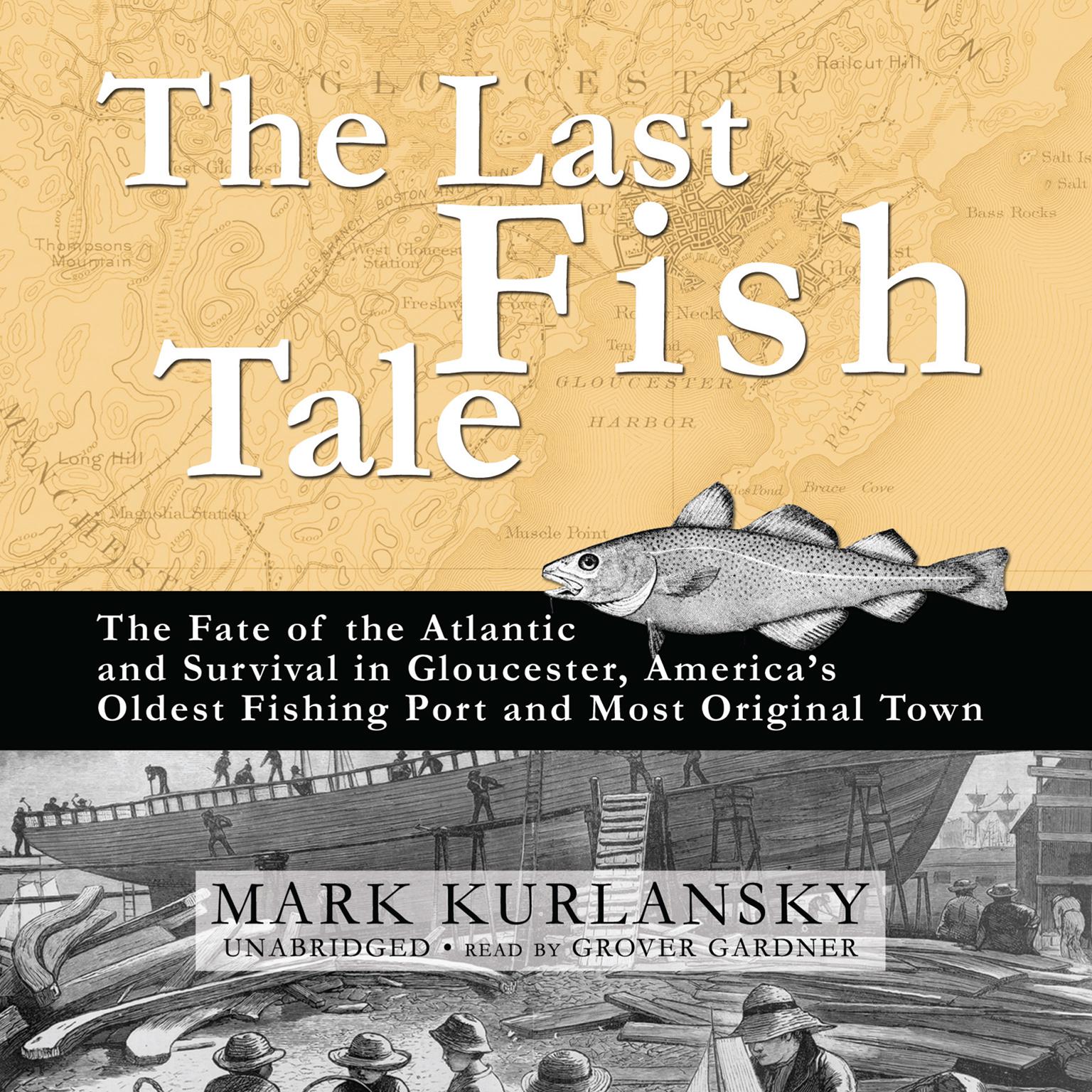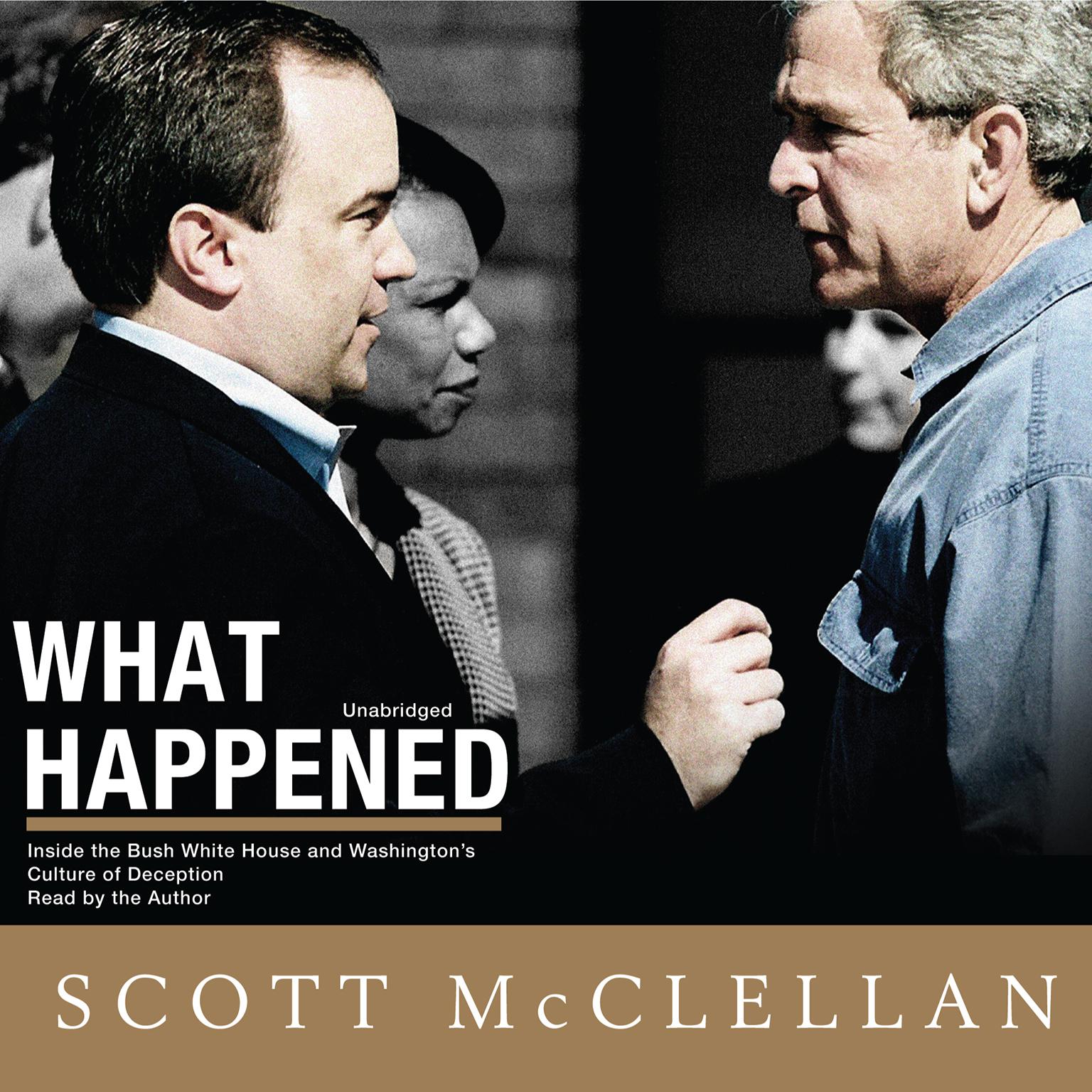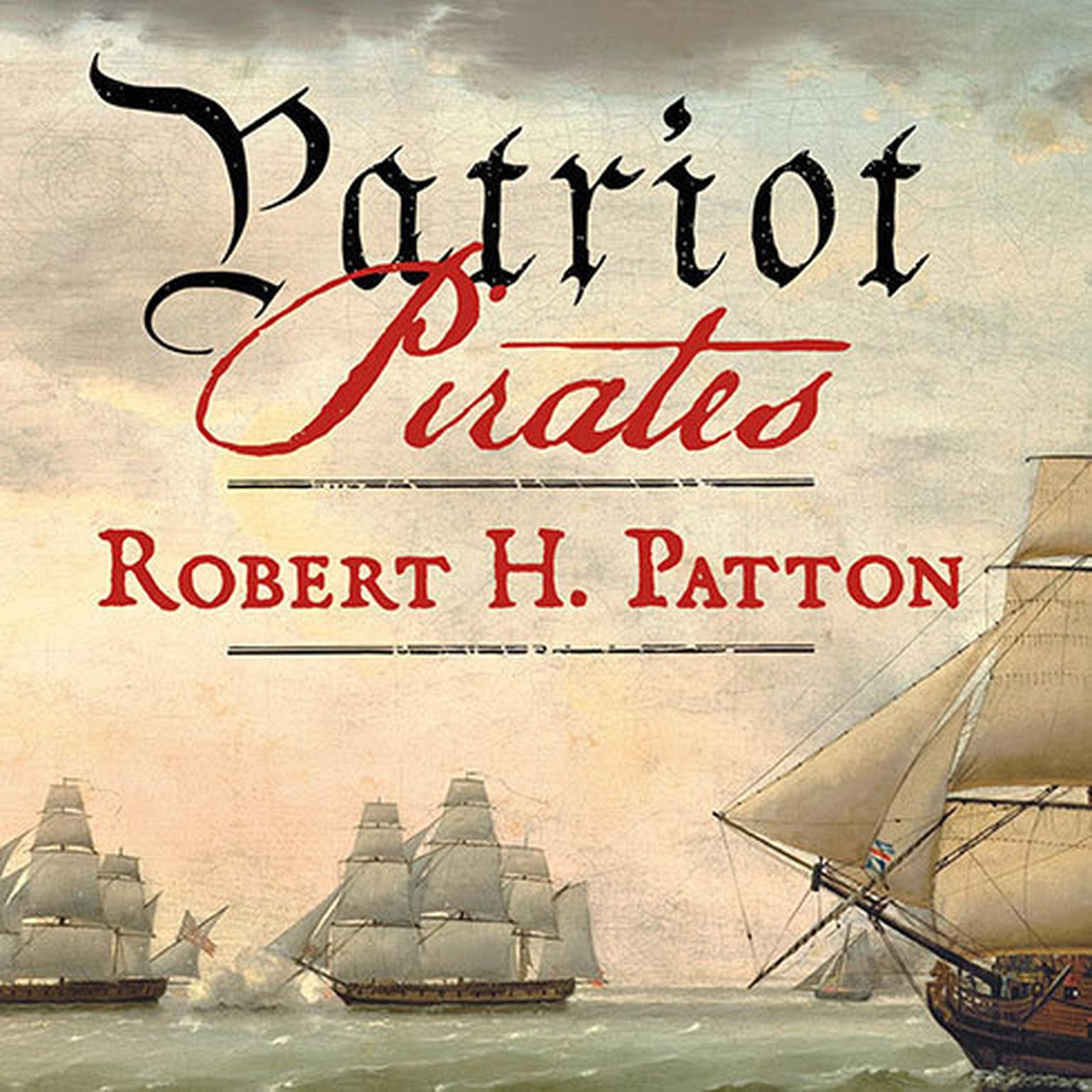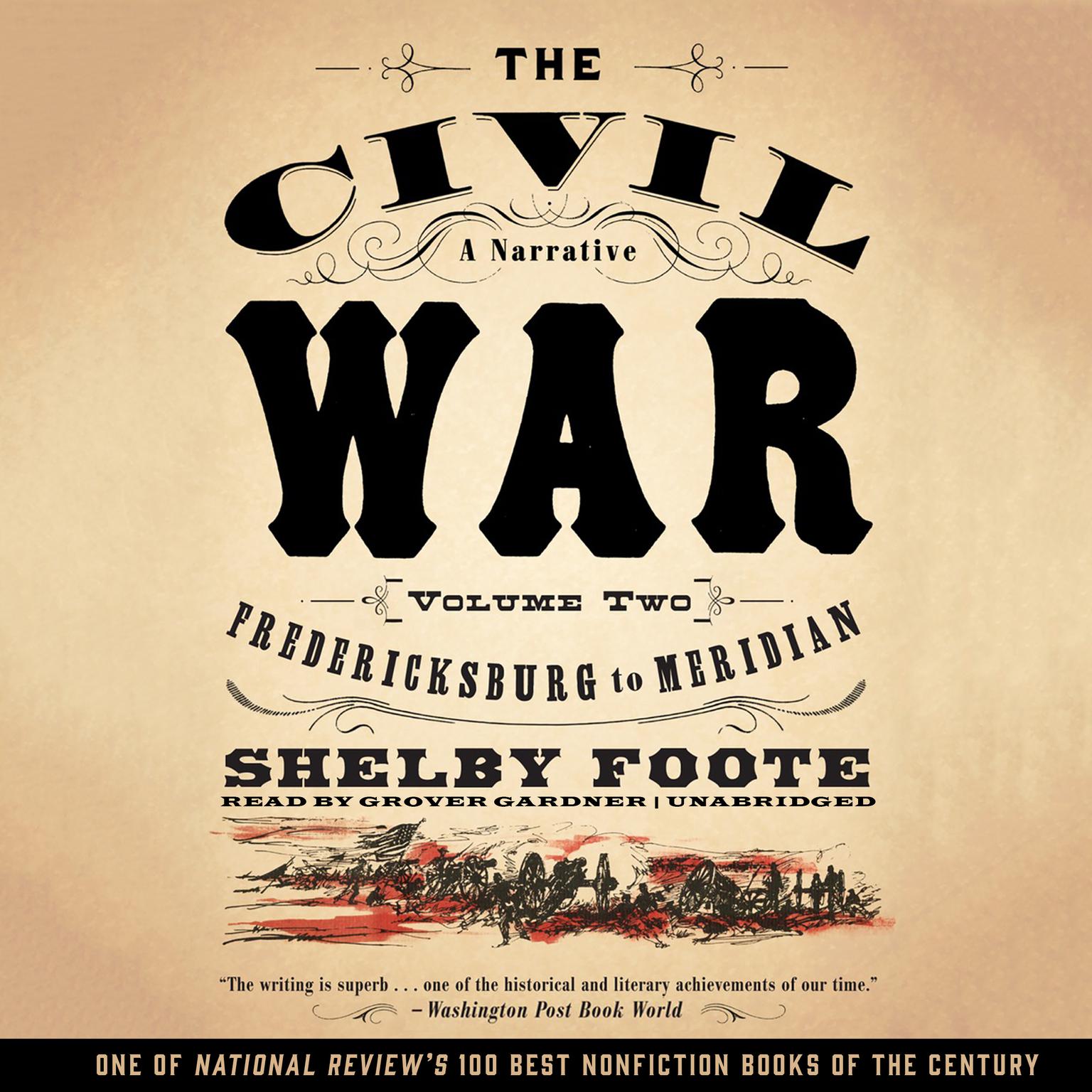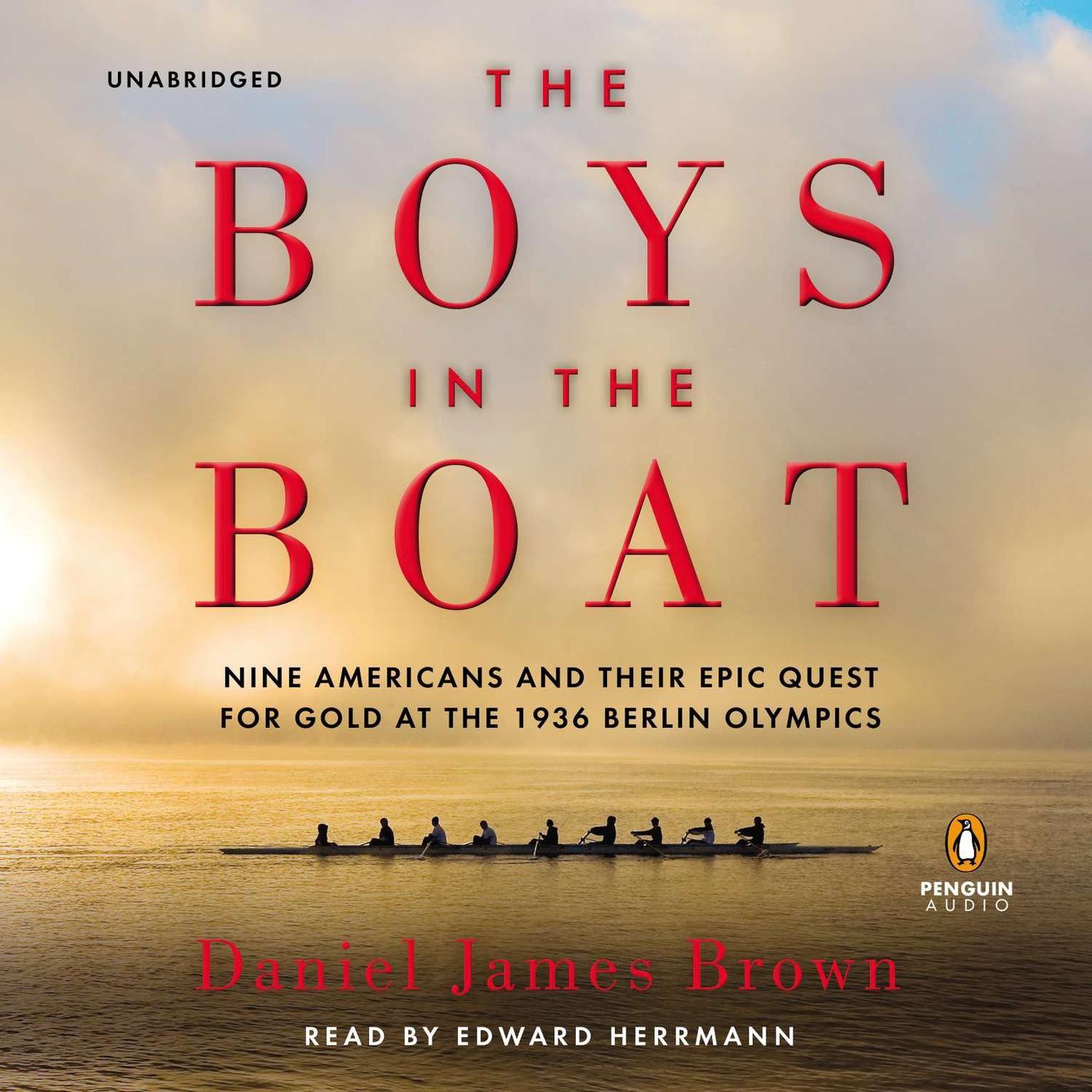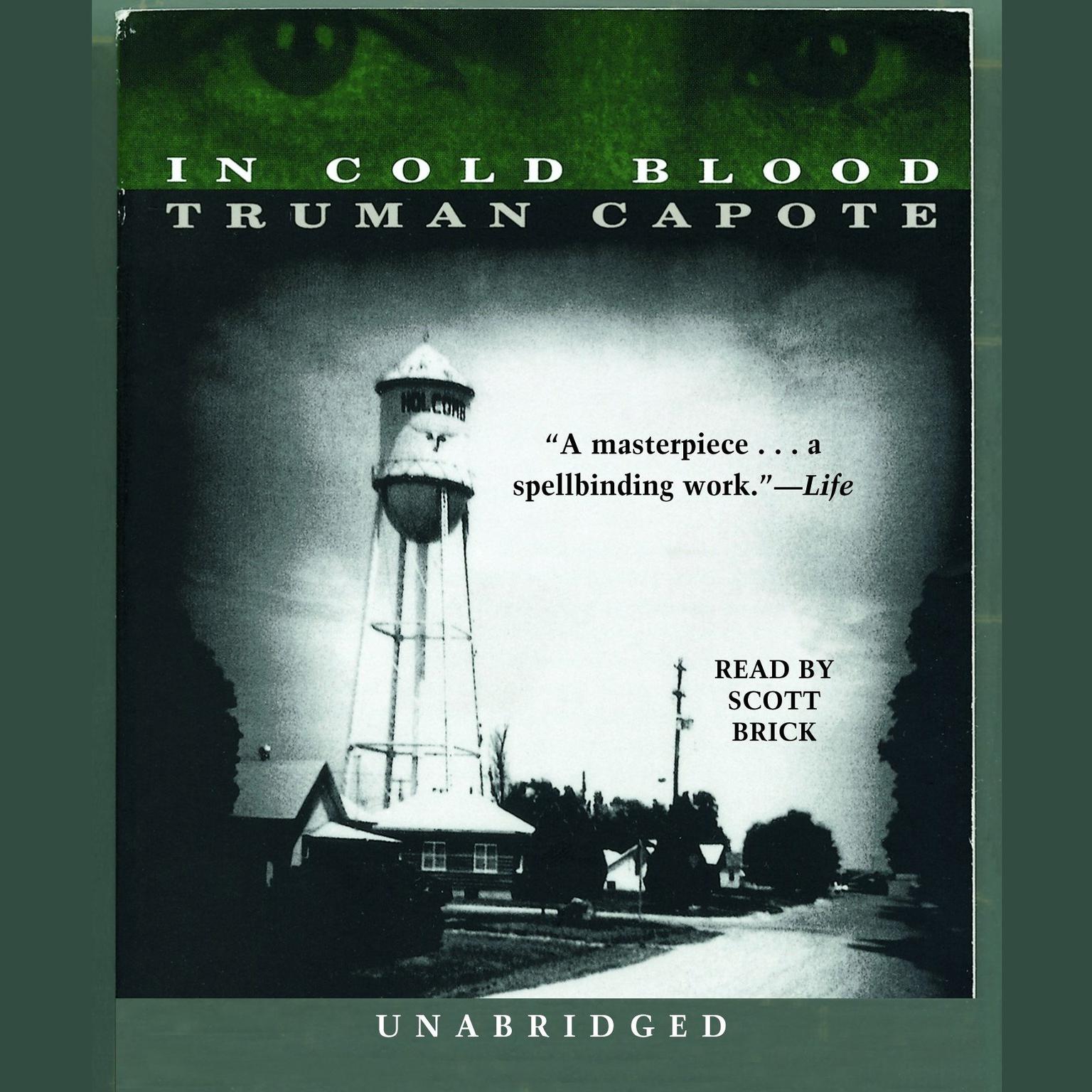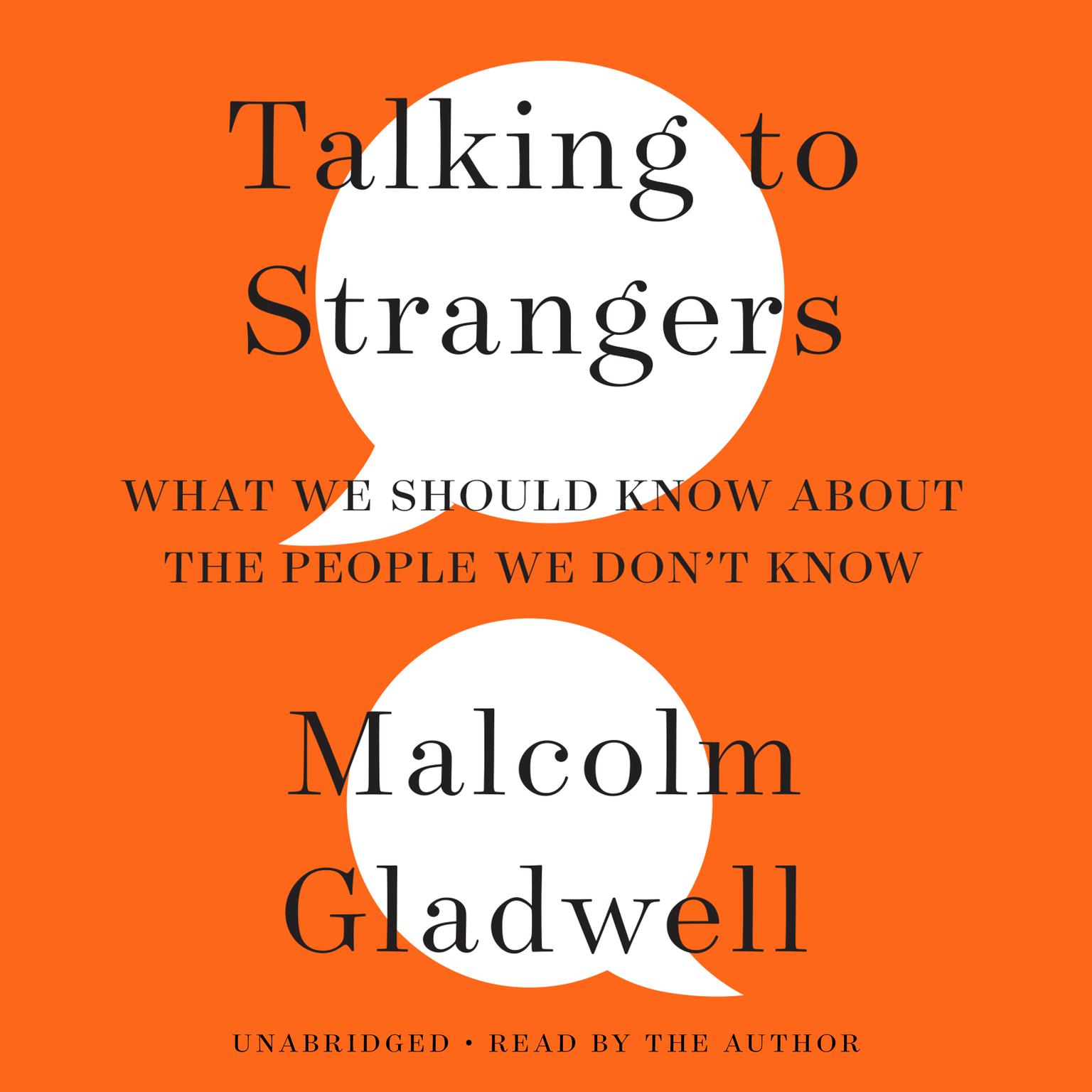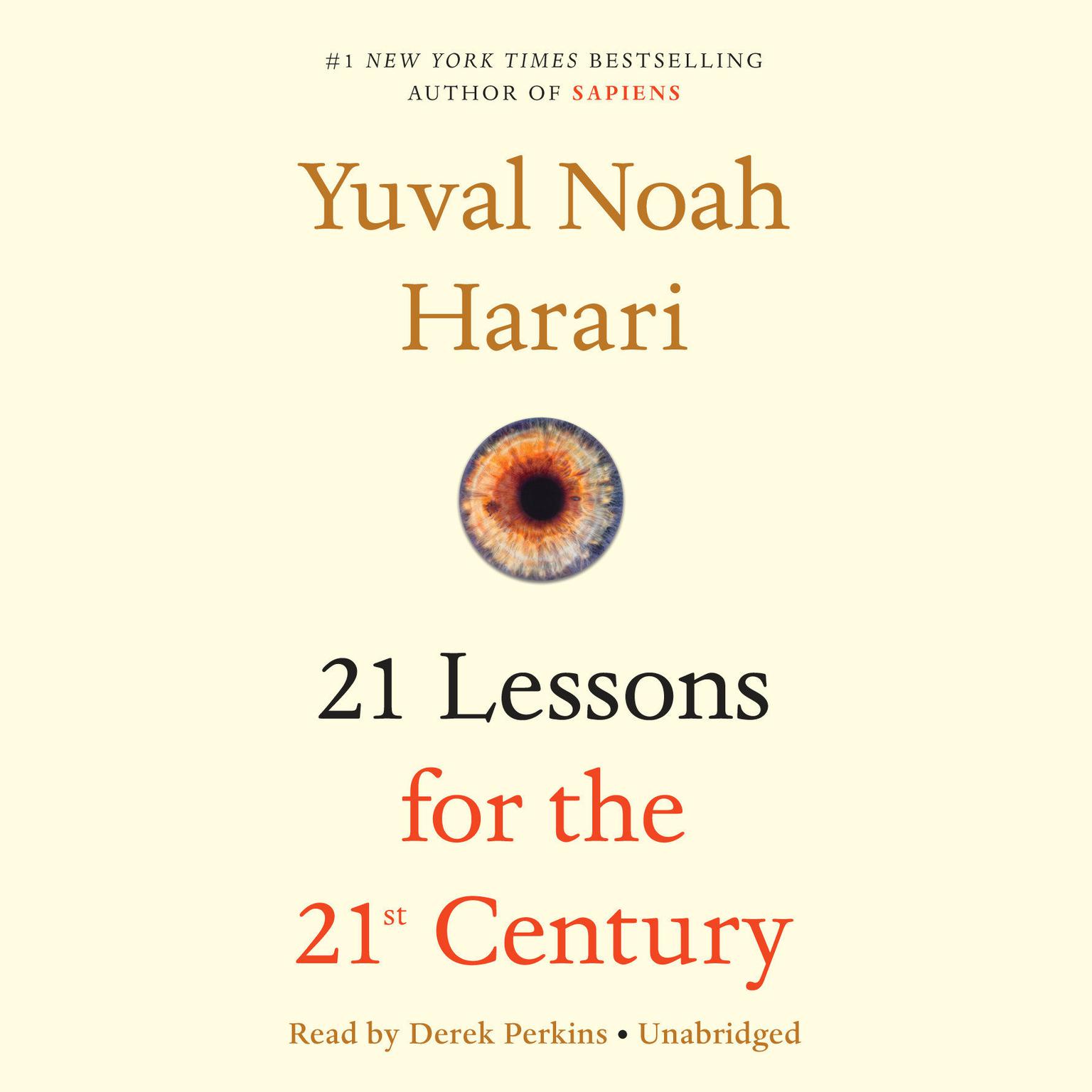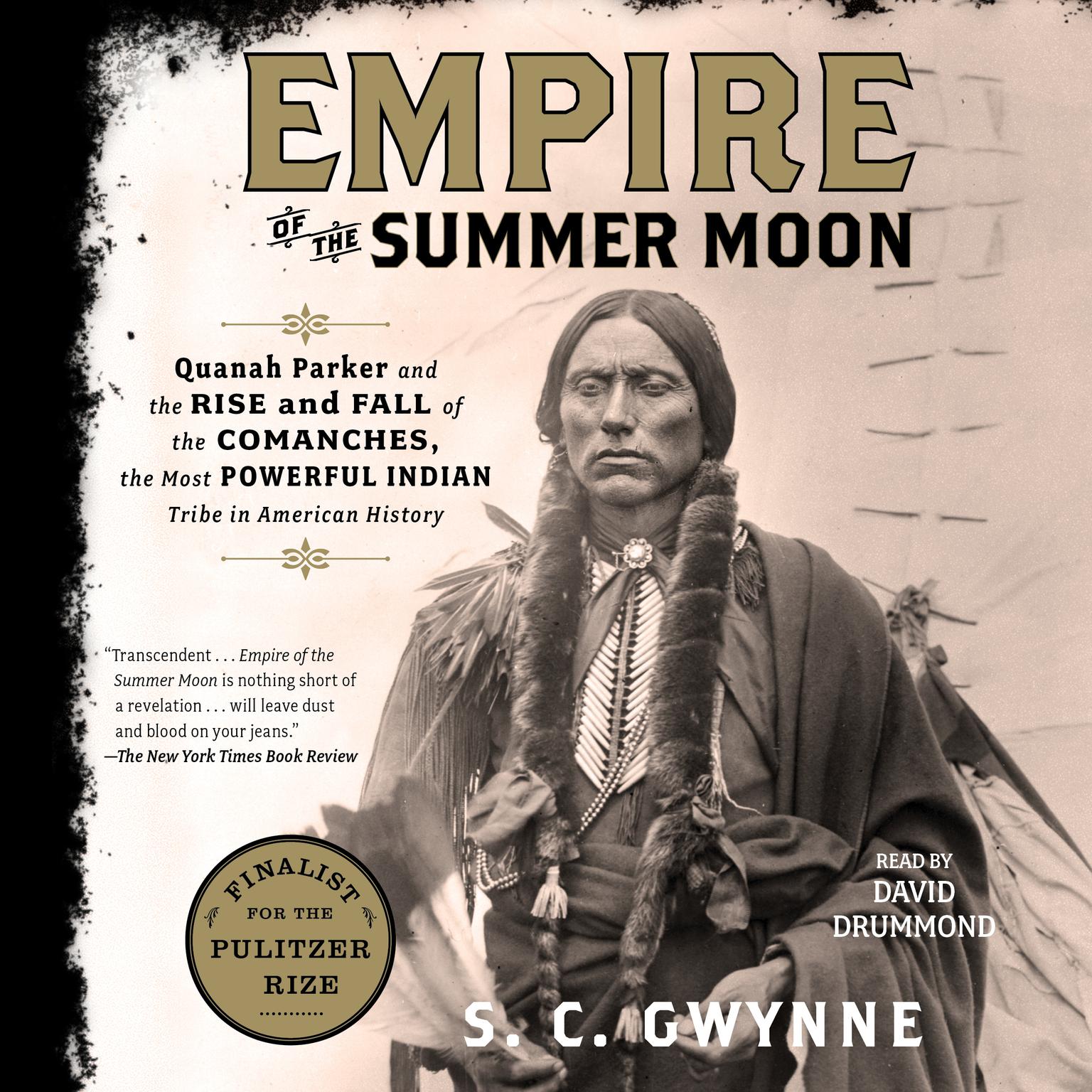Publisher Description
Fishing at sea, an ancient trade and a way of life that has defined coastal towns throughout history, may be coming to an end. The culture and traditions of coastal Britain and of seagoing nations everywhere are now threatened with extinction. Celebrated author Mark Kurlansky explores the fate of our oceans and the decline of our most ancient coastal enterprise. The book sends up a timely distress flare, one that brilliantly illuminates a colorful, exuberant, and poignant landscape, from Newlyn in Cornwall to Gloucester in Massachusetts. The result is a cultural, economic, environmental, and culinary bouillabaisse, the most compelling fish tale of our time.
Download and start listening now!
“One of the best parts of my job as a narrator for the National Library Service for Blind & Physically Handicapped is reading well written non-fiction books on topics which I have some interest in, but would never take the time to read on my own. In investigating the decline of the fishing industry in Gloucester, MA (the oldest fishing port in America), Kurlansky embarks on a history of Gloucester and the Cape Ann peninsula that is richly detailed, and told with such narrative clarity and sureness of voice that the reader can truly discover this region themselves. Kurlansky uses a skilled hand to set up the circumstances of a history situation quickly and simply, then dramatically lead us through the highlights of the event. Some of his descriptions of the loss of lives and ships in Gloucester’s early days are harrowing in their simplicity. His look at present day Gloucester is just as effective in it’s impact, bringing us the thoughts and emotions of everyday people trying to sustain their lives in this unique fishing village culture.
Discussions about Gloucester’s noted place among the art world (the light in Gloucester spurred a movement in maritime art)as well as capsule biographical sketches of the prominent artists might seem out of place in what is essentially a fishing book. But Kurlansky deftly ties these passages into the complex history of Gloucester’s fishing community in a way that deepens our understanding of the people of the city.
A later section comparing the highs and woes of comparable fishing ports, both domestic and foreign, are just as clearly researched and carefully drawn as his main subject.
On top of all this, and to my mind most importantly, Kurlansky never lets us forget that there is a huge ecologic, economic, and political moral at the heart of this fish tale. Without seeming to take sides or push a specific agenda, but rather by presenting the hard facts of the story of Gloucester, Kurlansky makes the case that overfishing has had a tremendous effect on our seas. It would be impossible to come away from reading this book without the stark realization that something must be done to change the way humans fish.
And he does all this in a compact 250+ pages.
I’ve had Kurlansky’s books Cod and Salt on my “to read” list for a while, but this is the first of his I’ve read. I’m even more excited now to move on to his other books.”
—
Steve (4 out of 5 stars)
